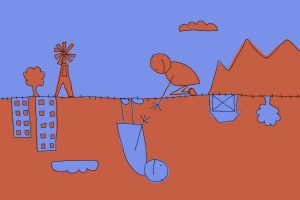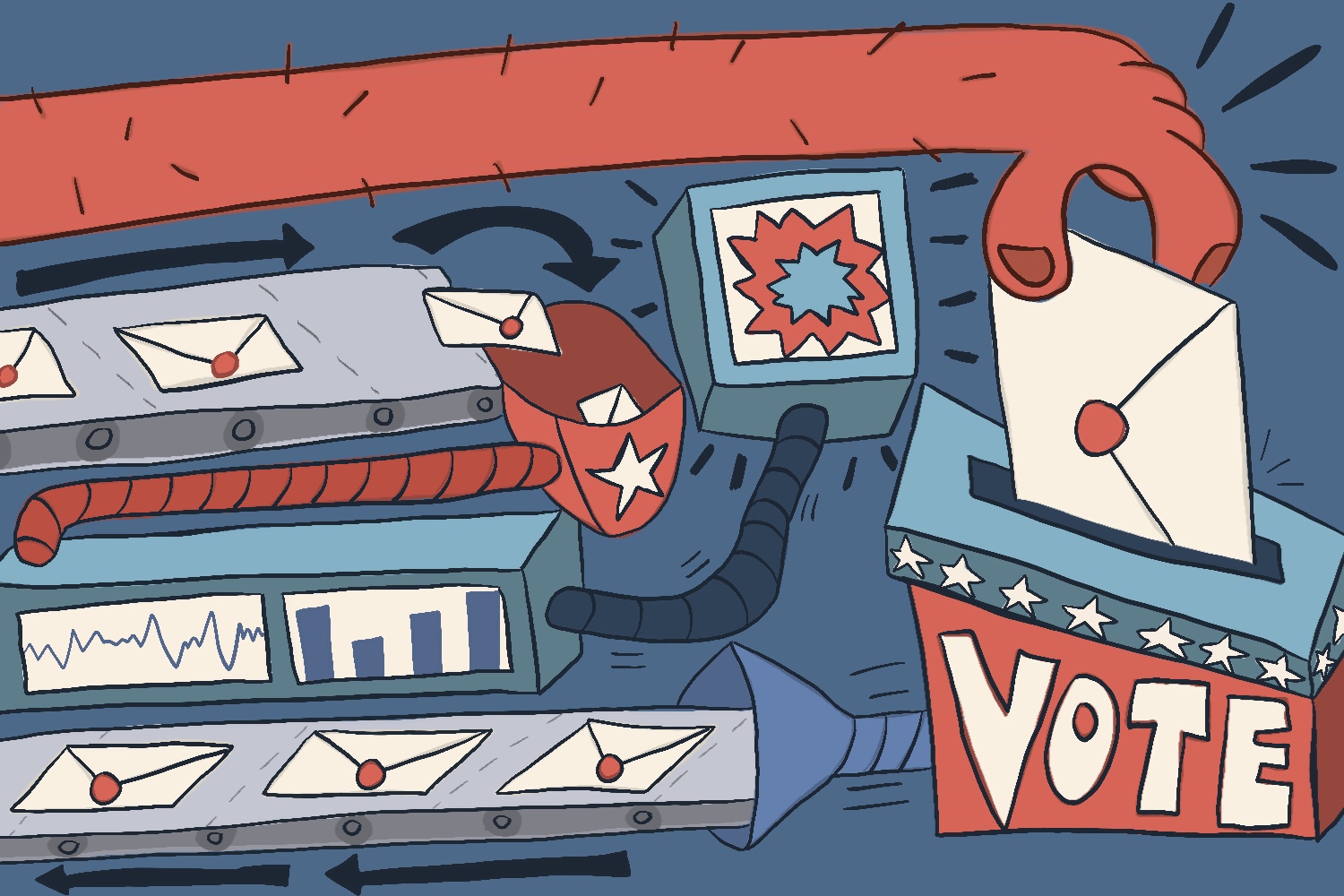In America, one would be hard-pressed to find an average citizen who considers grocery shopping a privilege. No one thinks himself lucky to be able schedule a dentist appointment if his teeth hurt. Few would consider access to fresh air and a view of the sky anything but a right. Unfortunately, there are thousands of individuals across America who are denied these seemingly banal aspects of everyday life.
These are individuals who have committed no crime, but have been born outside of our demographic of “normal” and “healthy” and more specifically, are unable to entirely take care of themselves. In generations past, the common solution to caring for persons with disabilities was to shut them away in institutions, away from a community consisting of socially acceptable members other than staff members who were often directed to use excessive force and to avoid forming personal bonds.
Though the state of institutions are in no way representative of the disease-infested torture-houses of the eighteenth and early nineteenth centuries, human rights abuses still occur; from housing individuals according to level of aggressiveness instead of level of ability, to forcibly removing teeth to prevent biting of employees, to sterilization operations performed without a patient’s consent or even awareness.
Fortunately, Vermont is one of five states in the nation that have permanently shut down all state-run institutions and training schools for the developmentally disabled, and in doing so have declared their sentiments that community means a place where people are responsible to each other and a place where neighbor helps neighbor. These sentiments direct the focus of Howard Center of Community Services.
The Howard Center was founded well over a century ago as a refuge for women and children, and has since grown into the biggest human service agency in New England, offering various services to a wide range of individuals through HCHS’s three divisions. The Baird Center is a school for children with both developmental and behavioral disabilities, the Adult Behavioral Health division serves adults suffering with mental illnesses, and Howard Community Services assists adults and children with developmental disabilities as well as their families.
In between City Market and the Roxy Cinema rests an unassuming office building with a small mosaic sign in the front that reads Howard Community Services. It is from this building that a team of dedicated individuals works to offer the disabled members of our community a normal life full of opportunities to play active roles in the community. HCS assists individuals in many ways, ranging from one-on-one specialized support workers to weekend-long respite providers.
A day program allows for an intimate community among clients and support-providers as well as involving clients in the greater Burlington community through activities the rest of us take for granted. A typical day could involve getting coffee and reading magazines at Borders, going bowling, or sitting on Church Street watching the pedestrian traffic.
Some UVM students will be in Burlington for just four years, and some will stay for the rest of their lives, but either way, while living in this community, one should strive to become an active member. In a world of increasing injustices, sometimes it’s hard to feel like your actions make a difference. Never the less, we have the opportunity to help our neighbor and the ability to help the most vulnerable members of our community, Howard Community Services is always in search of support providers and has a substitute program that offers busy students an excellent opportunity to work a flexible schedule on a part-time basis, make a better wage than any on-campus job, and, of course, give back to the community.
HCS training specialist Ryan Geary says about his involvement with the organization, “There is no reward greater than the one received by fulfilling the obligations I have to my fellow human beings.” After an application, interview, and background screening, candidates participate in a paid orientation and training program. Once trained, the substitute is scheduled to work in HCS group homes or day program on an as-needed basis.
This program offers an excellent opportunity to get acquainted with HCS and sometimes provides a stepping stone for other employment opportunities. For more information on how to become involved with Howard Community Services, contact Melissa at 652-2123 or visit www.howardcenter.org
















